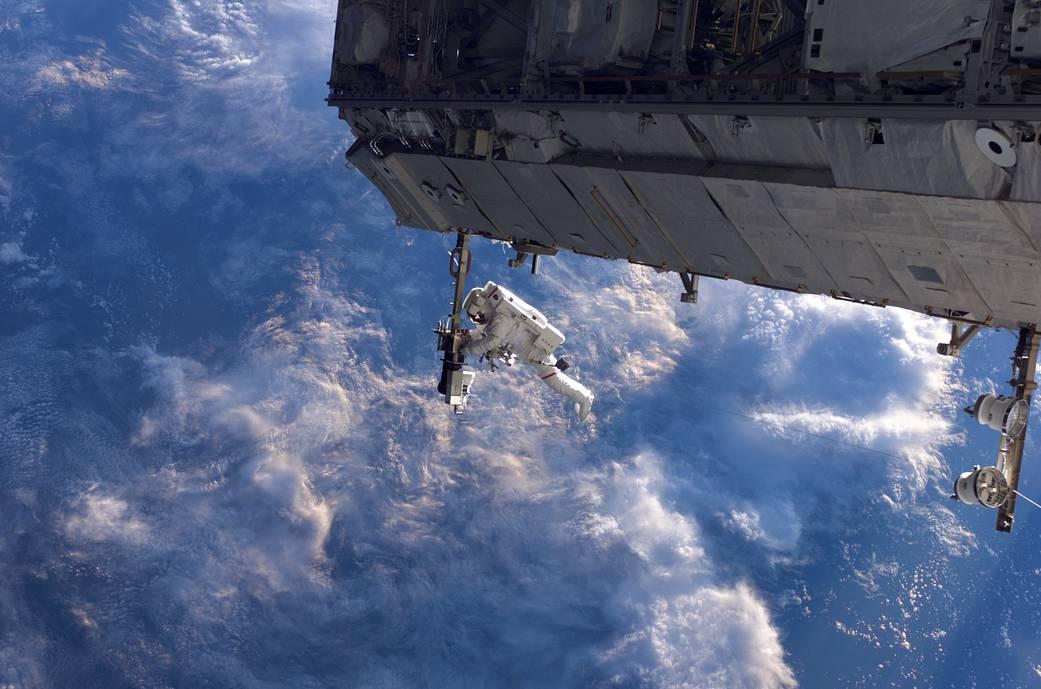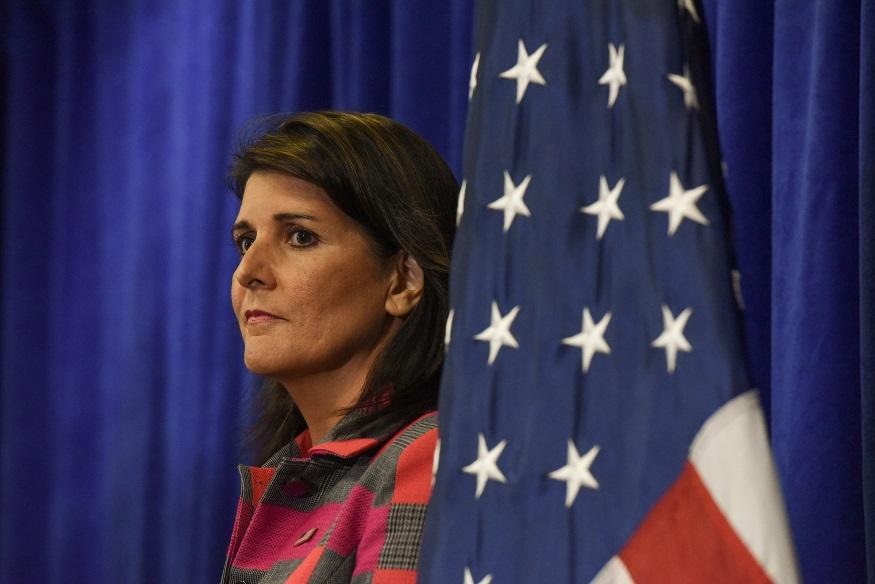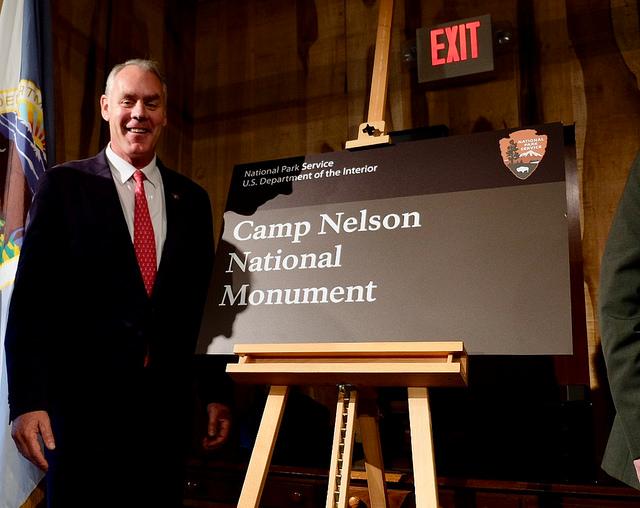In late March, the world nervously waited to see where Tiangong-1, a defunct Chinese space station, would crash land on Earth. Luckily, most of the craft burned up during re-entry, with the remaining parts falling safely into the South Pacific on April 1.
No one was harmed in the incident, but space debris do pose a significant danger to humans. NASA is tracking more than 19,000 objects orbiting Earth, but there are many more left unobserved. The objects tracked by NASA include roughly 1,500 active satellites, thousands of inactive satellites, and meteor or asteroid chunks.





